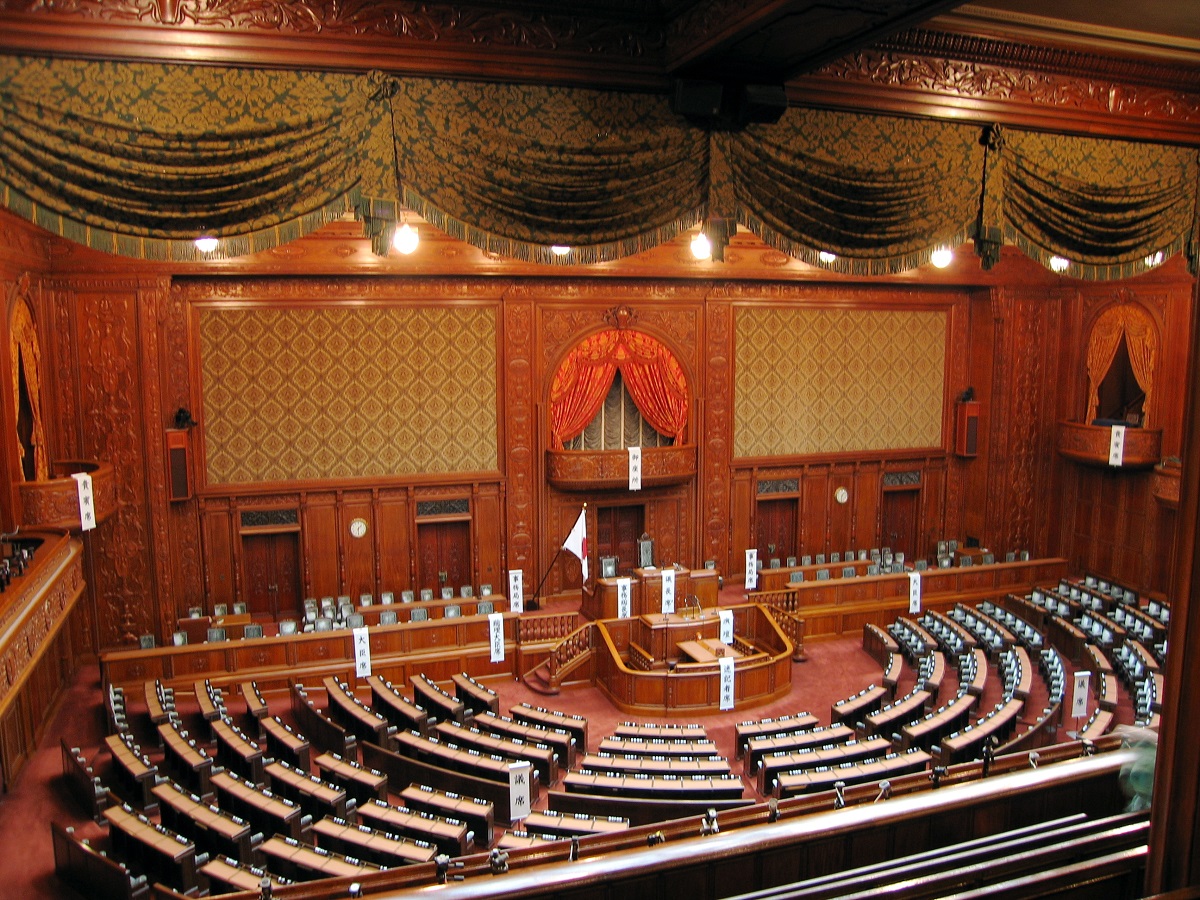Japanese parliament approves the use of GPS devices to monitor suspects
The law is aimed at preventing foreign defendants from skipping bail and flee the country to avoid trial. The most notorious case is that of former Nissan CEO Carlos Ghosn, who fled to Lebanon to avoid prison for financial misconduct. Critics say the bill violates privacy rights while others believe it could also allow more people to be granted bail.
Tokyo (AsiaNews/Agencies) – The Japanese parliament today approved a bill that grants courts the power to require suspects to be fitted with GPS monitors to prevent them from jumping bail.
The decision is meant to avoid cases like that of former Nissan CEO Carlos Ghosn, a Lebanese-Brazilian national who fled to Lebanon to avoid trial on financial misconduct charges.
As part of criminal law reforms, Japan’s Diet[*] (parliament) also approved measures aimed at protecting the anonymity of alleged victims of sexual crimes and other offences to shield them from their attackers. After the law is promulgated, GPS monitors will be in use after five years.
The new legislation met with some opposition from people concerned about potential violations of privacy rights. Others believe it could lead to more suspects being granted bail, thus reducing the number of defendants spending long periods of time in prison waiting for trial, a point noted by critics of Japan’s current practices.
GPS monitors would be used when suspects are deemed potential flight risks. Those who remove them without permission or are found in court-designated prohibited areas (such as ports and airports) will be jailed for up to one year.
Similarly, suspects who fail to appear in court or leave their residence without authorisation can be jailed for up to two years.
Under a new “supervisor system”, defendants will be placed under a supervisor who will accompany them to trial and report on their activities.
In Japan, pre-trial detention tends to be long because suspects can be re-arrested repeatedly once the mandatory 23 days of preventive detention is up.
This practice is called “saitaiho” in Japanese and is used to routinely lengthen a defendant’s time behind bars.
[*] Japan’s bicameral legislature is called the National Diet with a lower house, the House of Representatives, and an upper house, the House of Councillors.
01/08/2020 11:10
19/05/2022 14:32







.png)










